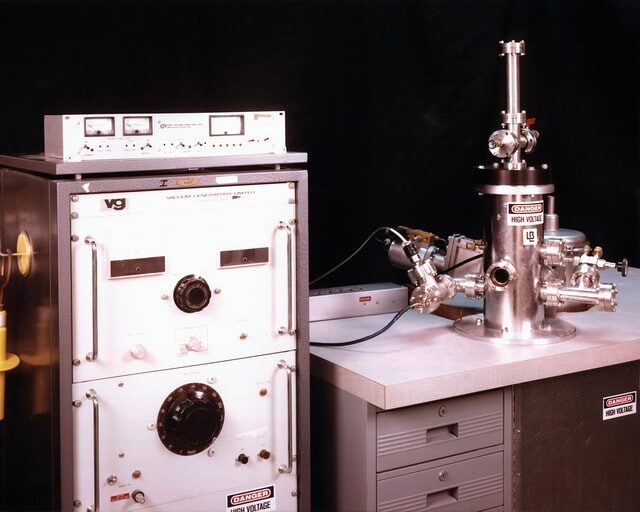You rely on heavy machinery such as cranes, lifts, backhoes, and graders to keep your manufacturing plant or construction site operational. These tools allow you to get a lot of work done, but because they’re so powerful, the chances of accidents are high. Incorporate these four steps into your routine to keep your employees safe on the job.
1. Have Your Equipment Professionally Inspected
It’s hard to know if a piece of equipment is completely operational unless you take a look inside, and that’s not practical on a daily basis. Contact your equipment manufacturers to find out how often they recommend equipment inspections Chattanooga, and follow their advice. These inspections only take one day at most, and they save you lots of money in repairs and accidental damages.
2. Perform Regular Inspections
In addition to these formal inspections, which happen at most a few times a year, conduct informal inspections before you start every work day. Walk around each machine and look for leaking oil, shattered plastic or glass, and random parts lying around. Ensure that each screw is in place and tight enough, and check all your filters’ conditions. While these inspections aren’t as thorough as professional ones, they help you catch obvious problems before they cause breakdowns.
3. Follow Your Manufacturers’ Instructions
Each manufacturer makes its machines slightly differently, so you must always check the manufacturer’s instructions before using or performing maintenance on your heavy machinery. For example, some lifts have more safety mechanisms than others, and if you don’t unlock all of the failsafes, you may damage the equipment or hurt yourself. Post the most important instructions next to each machine’s storage area, and remind your employees about unusual requirements.
4. Require Personal Protective Equipment
Personal protective equipment becomes annoying when you’ve worked on the same site for a while. However, earplugs, hardhats, safety goggles, face shields, and other forms of PPE are essential for you and your workers’ safety. Not only does wearing PPE lower your risk of injury when operating heavy machinery, but it also increases your chance of receiving assistance from your insurance company if you do get hurt at work.
No matter how long you’ve been in business, you should always evaluate and increase your heavy machinery safety precautions. These four steps reduce your injury rate, increase your productivity, and prevent your insurance premiums from rising. Together, they help you save money and improve morale at your worksite.

